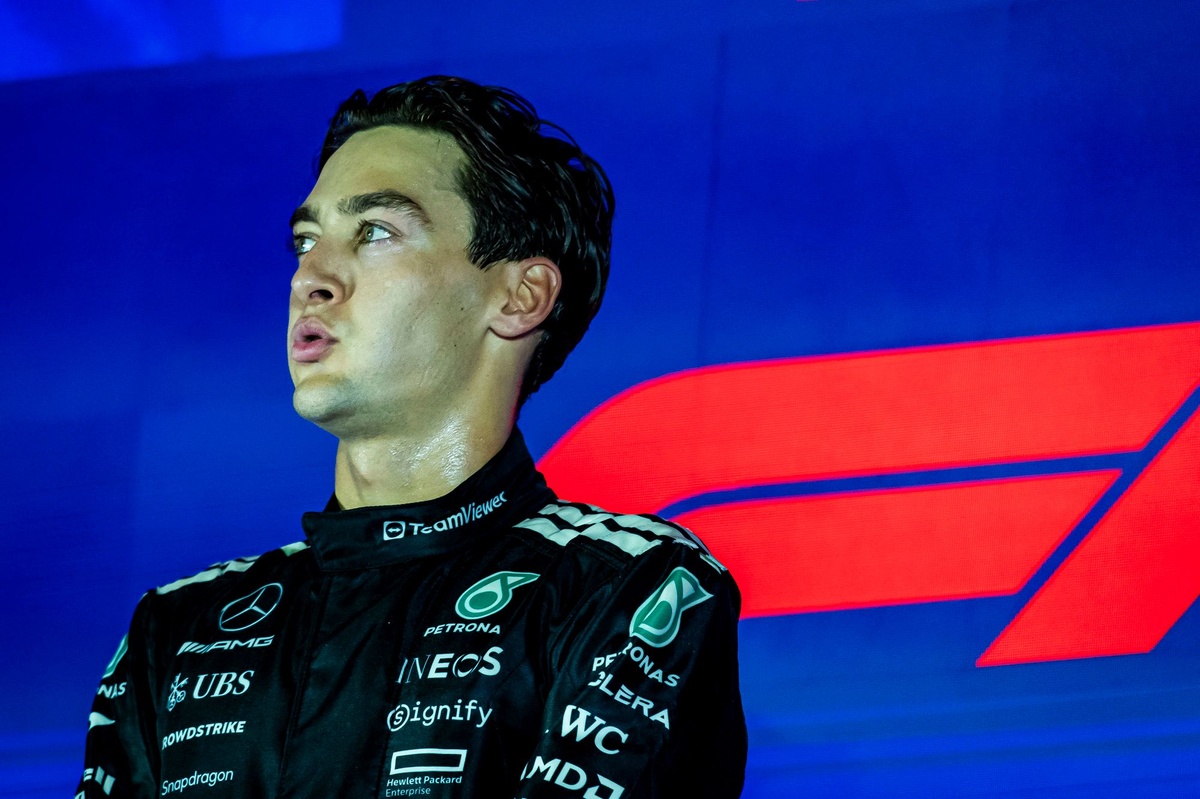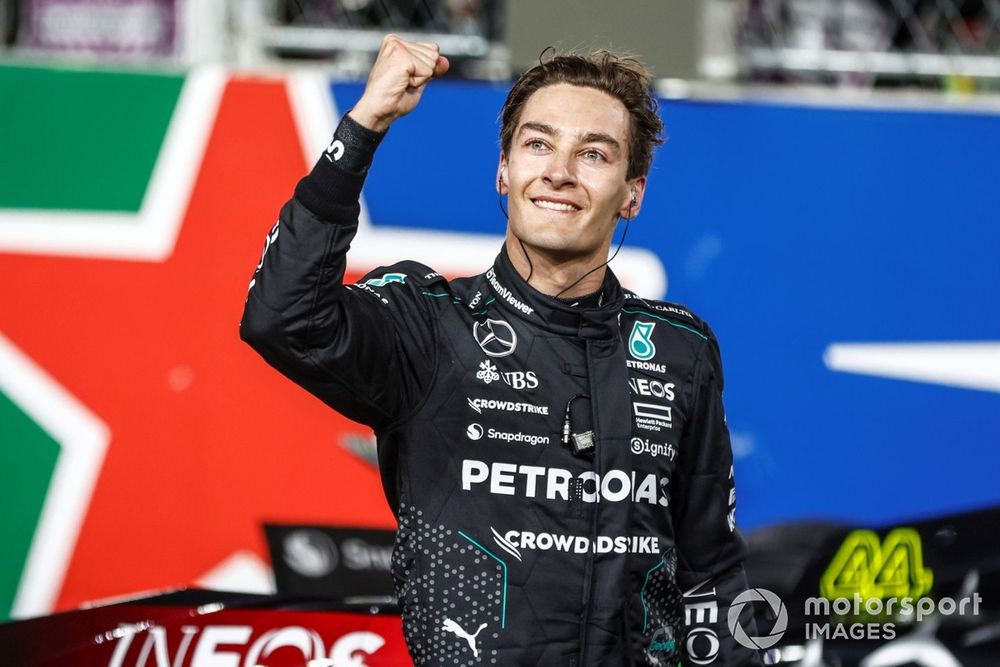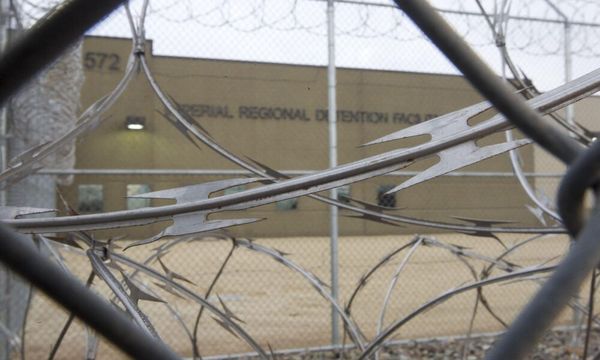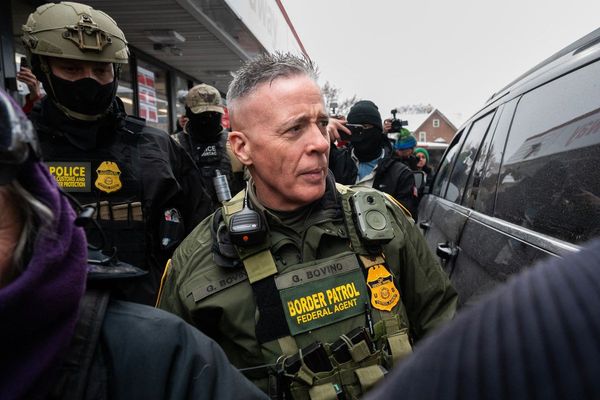
"I'm really happy to be continuing," said George Russell in his first appearance since Mercedes made his contract extension public.
"Because the truth is, if every single seat was available for next year, and I could choose any single team to race for, I believe Mercedes is my best chance of winning the championship next year."
Perfectly on message. And yet there was something about the tone, content and delivery that didn't feel extemporaneous, as if George had rehearsed it in the mirror beforehand, and slightly too carefully at that.
Nature famously abhors a vacuum, so Mercedes' lack of specificity about the length of the contractual extensions it has signed with Russell and Kimi Antonelli has had the inevitable consequences.
It's been suggested that the team wanted the matter of its drivers' contractual status to cease to be part of the background noise dragging on from race to race. If so, it has done it in a form that invites more, rather than fewer, questions, saying that both "will continue as the team's driver line-up into 2026".
There it is, hanging like the fruit of the tree of knowledge. The tempting presence of something just out of reach – in this case, even the vague characterisation of a deal being "multi-year", which usually signifies a 'one plus one' arrangement.

It's understood that while Antonelli remains on a rolling annual contract – prudent, given that he's still a work in progress – Russell is on a one-plus-one. So in communicating the renewals, Mercedes faced the dictionary definition of a dilemma: a choice between two disagreeable alternatives. If it was more specific about individual terms, it would draw attention to them and provoke further conversation; if it kept things vague, the absence of specificity would in itself provoke speculation.
Both Mercedes drivers are in slightly unusual situations in that team boss Toto Wolff has a hand in their management, which limits their scope for negotiation. This doesn't necessarily make the team their equivalent of the Hotel California – Pierre Gasly successfully disentangled himself from Red Bull – but it does make leaving, or using the threat of that to angle for better terms, more difficult.
That was the subtext when Russell said, "For me, it is more about winning than it is about money or [contractually obliged] sponsor days or anything. I want to win, and this is what I'm fighting for."
Obviously, this hasn't stopped some media outlets putting a number on Russell's new salary, speculatively plucking grandiose figures out of thin air.
"I'm very happy, to be honest, because given the situation and circumstances with me and the team, Toto could have been substantially tighter if he wanted to be," he said.
"But I think he really recognises that you need to reward those who are delivering, who are putting in the effort and delivering those results on track.
"And, as I said, that's why I'm here with a smile on my face, because I'm very happy with the offer, and as I said, he could have been much tighter if he wanted to be."

Russell is now 27. While a long way from drawing his pension, next year he will be 28. When he moved from Williams to Mercedes, no doubt anticipating that opportunities to win the world championship would follow, he was 23. From his perspective, he will not want to find himself in the same situation as Charles Leclerc, with a 30th birthday shortly to hove into view and no drivers' title to show for it.
Leclerc, indubitably, has given the best years of his career to a Ferrari team that has failed to provide him with equipment worthy of his talent. You might argue that the George Russell who smote the wall in Singapore two years ago wasn't operating at Leclerc's level, but this is not the case now.
So there is a predicament facing drivers in Russell's boots at the moment: while their high level of performance is a given, there are no guarantees about how successful each team's solutions to the new technical regulations coming in 2026 will be. The combination of new chassis and aerodynamic characteristics, new power units with a hugely different ratio of electrical deployment, and new tyres (even if Pirelli's offerings will be iterations of what we already have), is without precedent in modern Formula 1.
A lot of levers have been pulled at once and the outcome is all the more uncertain.
This is the context in which we must interpret some of Russell's meticulously rehearsed messaging. When he talks about his own performance, it comes freighted with the expectation that Mercedes needs to raise its game and produce a winning car in 2026.
"It always just comes down to performance," he said. "I think for any driver, or at least for me, what allows me to sleep well at night is knowing that my performances are strong, and that is what will keep you in the sport as any driver.
"So I think, as I said, our intention and my goal is to continue with Mercedes indefinitely, and we're here to focus on winning in 2026."
The Oxford dictionary definition of 'indefinitely' is 'for an unlimited or unspecified period of time'. It's certainly unspecified for now – next year, we'll find out whether it's limited.








Read and post comments